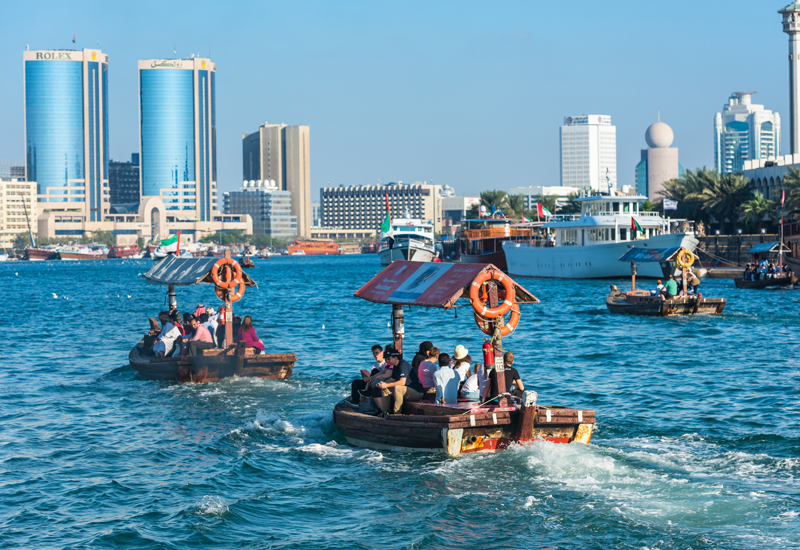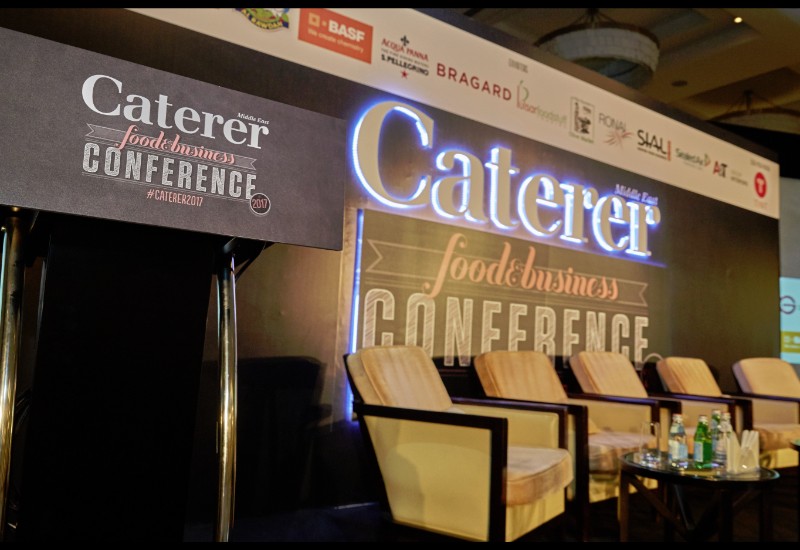As technology and low-cost flights make our world ever-smaller, travel is no longer just about discovering far-flung, exotic, or luxurious destinations. It’s also about how we interact with our environment, and how travel to different places affects us, and changes us on an emotional or intellectual level. Say hello to experiential tourism, the newest movement shaping the travel market.
Experiential tourism involves going beyond the usual holiday experiences in a region, to find new ways of seeing the destination, and new things to do there. It’s about learning and growing from travel in a way that can’t be done through the classic “brochure holiday”. The modern tourist wants to walk where the locals walk; to savour local flavours, to learn new skills, to undertake new challenges, all in a new environment. They are looking for a more emotional connection with the people and they visit. And what tourists want, the industry must provide to succeed long-term.
“What we are seeing more and more recently is a quest to secure bragging rights through uncovering or experiencing something truly new, rare or exotic,” says Shangri-La vice president of sales & marketing, EMEA Rob Weeden. “Sharing these fabulous experiences with family, peers, or your tribe on social media, inspires others to also have their own adventures. Just look at the Instagram effect,” he adds.
The Arabian Travel Market — focusing on experiential tourism
Travel and tourism is hugely important to the MENA region. In 2015, travel and tourism accounted for 8.7% of the UAE’s total GDP; a figure projected to rise to 11.2% of GDP in 2026. Oman’s tourist industry is growing apace, with investment in the sector set to reach US$1.17 billion by 2026. In Bahrain, the tourism industry is growing rapidly and is on track to reach $1 billion by 2020. Key to this growth will be experiential tourism, set to be one of the major drivers of tourism in the region this year and beyond.
The Arabian Travel Market is a pivotal event in the tourism industry in the Middle East and North Africa, so its preoccupations reflect the industry as a whole. This year’s edition, which takes place at the Dubai World Trade Centre from April 24-27, will highlight experiential tourism as a key growth driver of the region’s tourism market.
“Experiential travel takes visitors away from the traditional beach and sight-seeing holidays, to immerse them in culture and custom, Arabic tradition, or thrill-seeking activities, such as desert safaris,” says Arabian Travel Market senior exhibition director Simon Press. “This behavioural shift among travellers allows ATM 2017 to highlight the unique nuances of the regional industry to present data, and insight, on areas that will become a major focus over the coming years.”
From backpackers to billionaires
Experiential tourism has evolved with the modern tourist. Influenced by easier connectivity and social media, people now seek travel that offers more of an attachment to the destination, whether that is with history, people, culture or adventure.
“Consumer demand for sure is the driving force,” says Weeden. “People still want to flop and drop on a spectacular beach with turquoise water lapping at their feet, but they also want to juxtapose that experience with adventures of their own — particularly the time poor. The quest for unique is the new normal.”
Frying Pan Adventures is an example of a small company that provides experiential tourism in the MENA region. The company designs walking tours of Dubai where visitors can experience the city at street level. “We curate experiences where people can appreciate Dubai in a way that feels sincere and without the usual ‘gloss’ that makes a city look outwardly perfect for visitors,” says Arva Ahmed, the founder of Frying Pan Adventures. “Our primary lens is food — we design trails that involve sampling foods and interacting with vendors in down-to-earth, everyday neighbourhoods that tourists would typically not visit during their stay. We use these ‘food tours’ to not just eat, but to share stories of local and regional culture, history, and personal experiences from our time as residents living in Dubai.”
Traditionally this type of experience was the goal of backpackers and adventure travellers, but now its influence pervades the luxury market too. Even travellers with deeper pockets are looking for authentic and personalised experiences away from the mainstream.
Filip Boyen, CEO of Small Luxury Hotels of the World, has been monitoring this trend. “There has been a shift particularly in the luxury market, whereby people are choosing to spend their money on experiences, rather than possessions,” he notes. According to Boyen, this shift in the luxury market has particular implications for the MENA region, hitherto synonymous with “luxury” in the sense of opulence, expense and awe. “Within the hotel industry in this region in particular, there has always been a trend towards opulence and ‘bigger is better’ with hotels,” he says, “but there has recently been a paradigm shift to hotels offering a more personalised and local experience.”

| Advertisement |










 Search our database of more than 2,700 industry companies
Search our database of more than 2,700 industry companies









